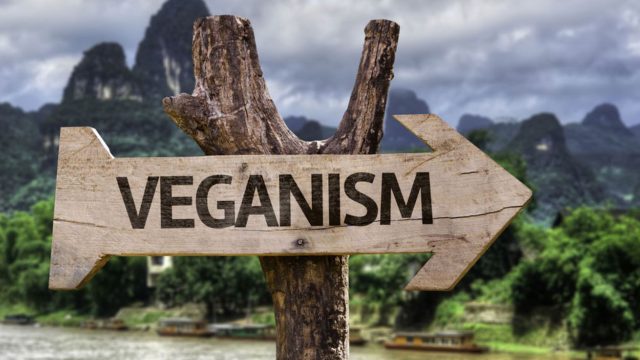With the recent innovations in the food industry that allows meat to be artificially grown, will religious nations like India end the recent bans on meat? More importantly, would such a product be agreeable with the local residents? The plot in Interstellar portrayed that humanity could no longer keep up with the global food demand. Could that really happen?
March 2016 set another landmark in the history of humanity – the human population reached 7.4 billion. Based on current population trends, the global population is expected to reach over 9.5 billion by 2050. It is thus imperative to devise new plans and technology to feed the future 10 billion population.
In a recent interview with Sputnik news, Bruce Friedrich, the Executive Director of the Good Food Institute, said that the current methods of agricultural production are using energy inefficiently. This inefficient use of energy has major implications considering that certain studies have projected that there simply will not be enough water available for croplands to produce food for the humongous population that is projected in the future.
Friedrich talked about the idea behind clean meat and commented that producing meat could be just as easy as brewing beer. With clean meat, instead of harvesting animal cells from chicken or cows and growing them in the animal itself, one can cultivate the cells by just adding sugars. I am SOLD!

Apart from the humanitarian aspect that is discussed when the topic of “lab grown meat” comes up, it is worth looking at the technology objectively. For such a technology to take off, it is necessary for the regulatory and government bodies to invest in the companies that are working on similar products. In order to attract customers, clean meats must be able to beat regular meat in prices. At the end of the day, the common man doesn’t necessarily care about the humanitarian aspect of lab grown meats but rather the potential savings that might come from it.
In terms of environmental savings that come bundled in with such lab grown meats, the switch to such products is a no-brainer. The main impact of lab grown meat is arguably not the impact it has on the treatment of animals but the massive reduction in CO2 emissions from the meat industry.

Lastly, it would be interesting to observe how the general population reacts to the advances proposed by such revolutionary technologies. Being a vegetarian myself, I would be inclined to make the switch to the other side since my reasons for abstaining from eating meat are mostly moral. Apart from being able to indulge in all the delicacies that I am presently missing out on, it would be a relief to not worry about quality of vegetarian food offered at the local BBQ joint for once!
I reached out to a couple of my vegan co-workers and inquired about their stance on clean meat and the responses that I received were a bit surprising. One of my co-workers commented that her motivations for choosing the vegan lifestyle was to try and minimize the suffering of the animals and to not support the animal food industry – which arguable has a horrible reputation among the masses. She said that for people like her, the shift to clean meat would be welcoming. My other co-worker, on the contrary, argued that since the source of the meat is still the same – harvested animal cells, he wouldn’t be inclined to make the shift.

Lab grown meat is seriously one of the technologies that I’m most excited about and I just hope that people don’t give into the fear-mongering that will come with its use, like with GMOs.
Will you be ready to make the switch? Let us know in the comment section below.
Other Recommendations:
http://edtimes.in/2015/08/artificial-meat-an-amicable-solution/
http://edtimes.in/2016/03/worlds-weirdest-dishes/

































